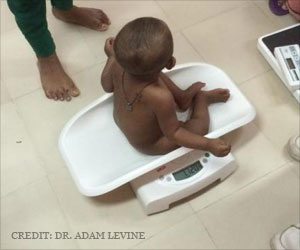Persistently high ventilator-associated pneumonia (VAP) rates bolster concerns that most interventions purported to reduce VAP are supported by limited evidence.

‘Persistently high ventilator-associated pneumonia (VAP) rates bolster concerns that most interventions purported to reduce VAP are supported by limited evidence.’





This analysis included MPSMS VAP rates during calendar years 2005 through 2013 among Medicare patients 65 years and older with principal diagnoses of heart attack, heart failure, pneumonia (including a primary diagnosis of sepsis or respiratory failure and a secondary diagnosis of pneumonia), and selected major surgical procedures. The cohort was divided into 4 periods (2005-2006, 2007 and 2009, 2010-2011, and 2012-2013). The VAP rate was studied among 1,856 patients. The researchers found that the MPSMS VAP rates were stable over time, with an observed rate of 10.8 percent during 2005-2006, 9.7 percent during 2012-2013, and an adjusted average annual change of 0.
"From 2005 through 2013, MPSMS VAP rates remained stable and substantial, affecting approximately 10 percent of ventilated patients. Persistently high VAP rates bolster concerns that most interventions purported to reduce VAP are supported by limited evidence," the authors write.
Source-Eurekalert














